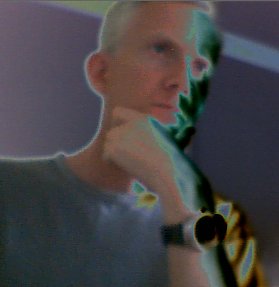Human beings in western nations each drop an average of two pennies on the ground every day of the year. But only 50% of people stoop to pick up their fallen change. That means that in the UK alone, some sixty million pence, or £600,000, is lost to the nation's gutters every twenty four hours. To put that in perspective, it's enough to fund three hospital beds (with sheets) or one royal yacht (without sheets).
Most of the world's lost change remains inaccessible to even the most modern technology. Global companies with the engineering muscle to find oil in the unlikeliest places are defeated by the change exploitation problem, throwing their hands up in defeat and avoiding direct eye contact.
That's where SpareChangeSat comes in. A network of satellites engirdling the globe use pin-sharp optical imaging and shape recognition algorithms to spot coins on the surface of the earth, "tag" them, and alert subscribers to their locations. For a small annual fee (which works out at about £5 per day), customers can receive text messages to their mobile phones telling them where the nearest penny is to be found. It's then a question of "first come, first served".
The company behind SpareChangeSat, Sequinator Industries of Lidchester, UK, has vowed to donate a proportion of operating profits to the funding of a gigantic polysterene cup to be placed at the mouth of the Thames. This monument to inward investment is intended to show a more flexible attitude to European business, balancing the much-loved Land's End "Open Legs" statue facing America.
Subscribe to:
Post Comments (Atom)

No comments:
Post a Comment